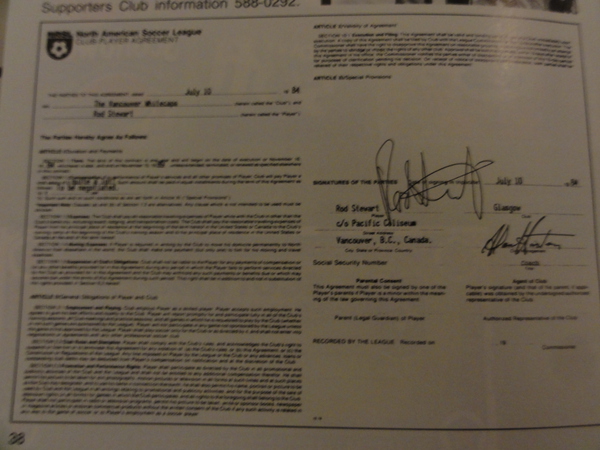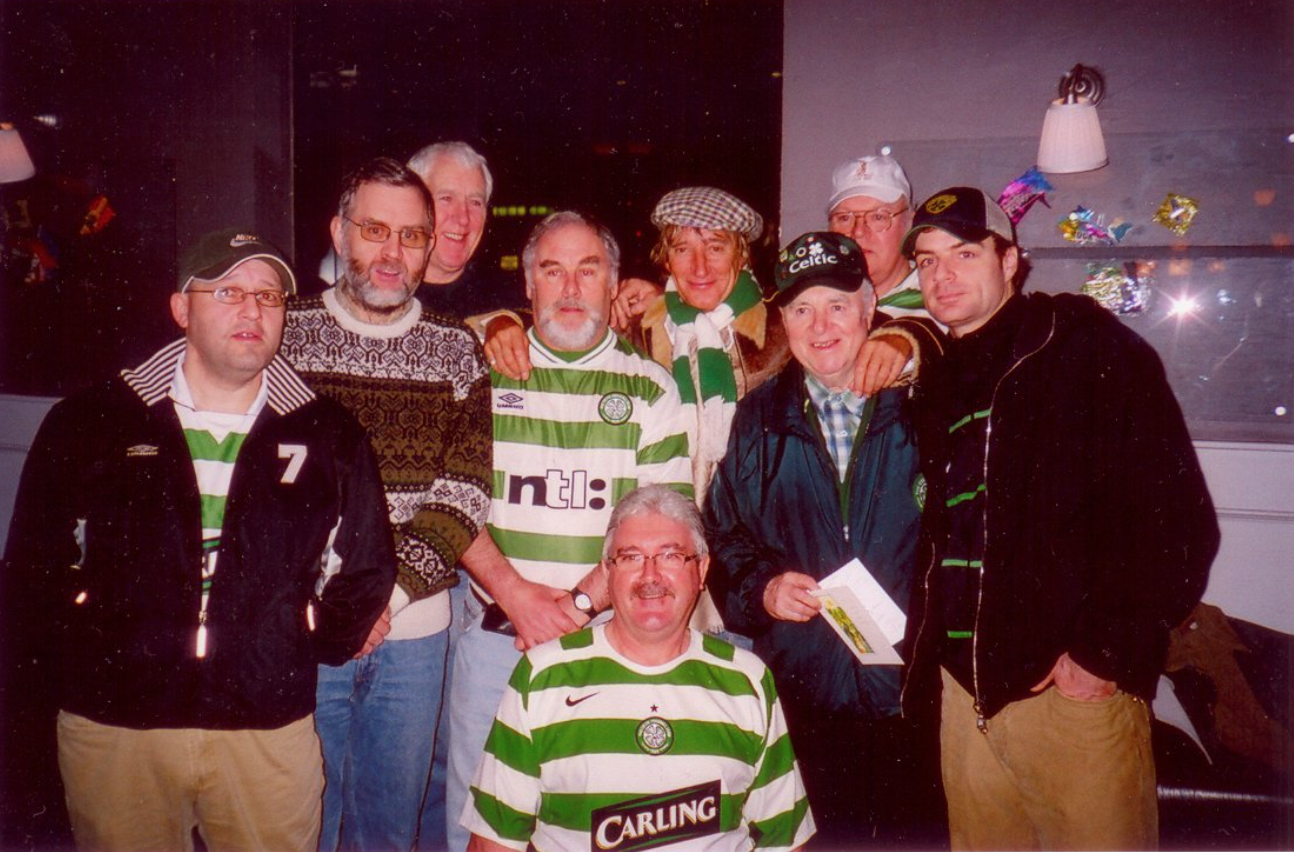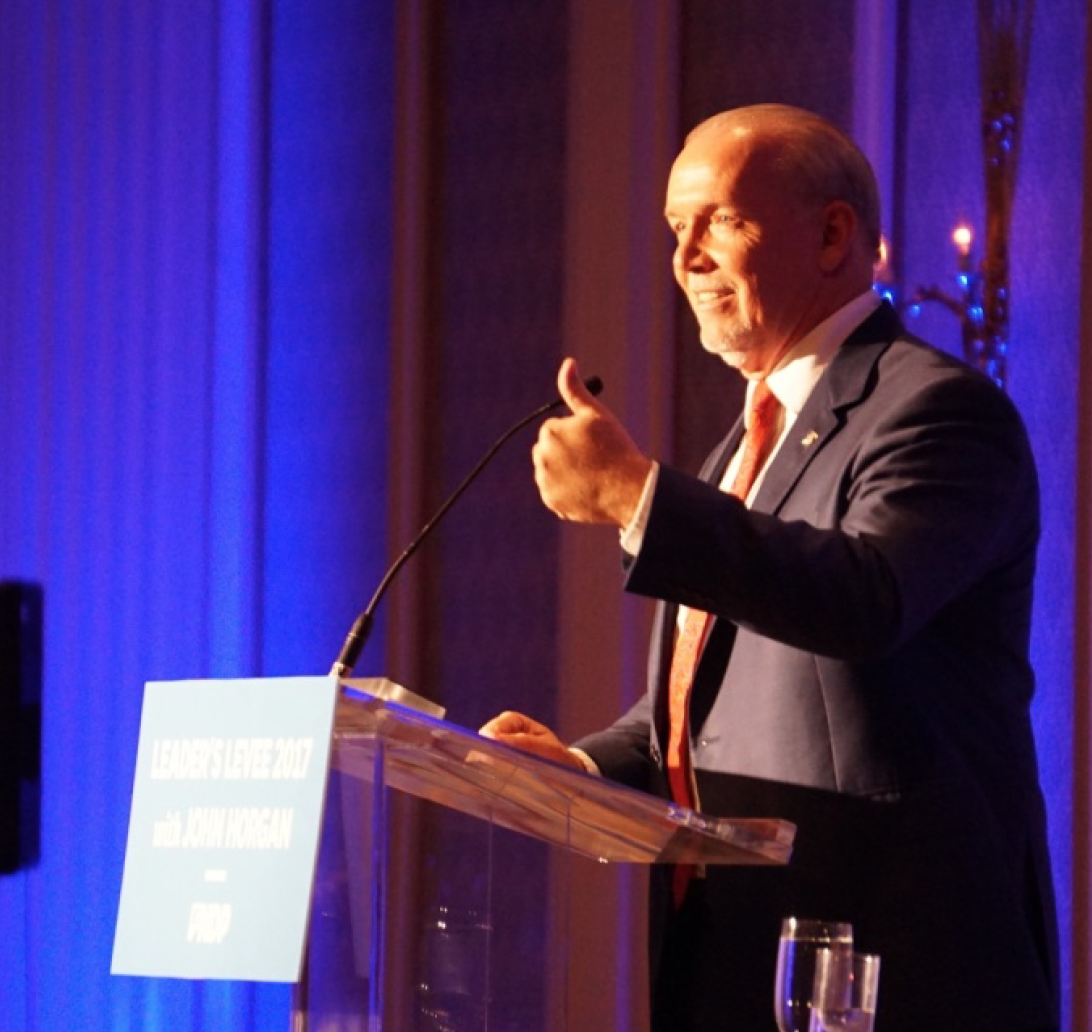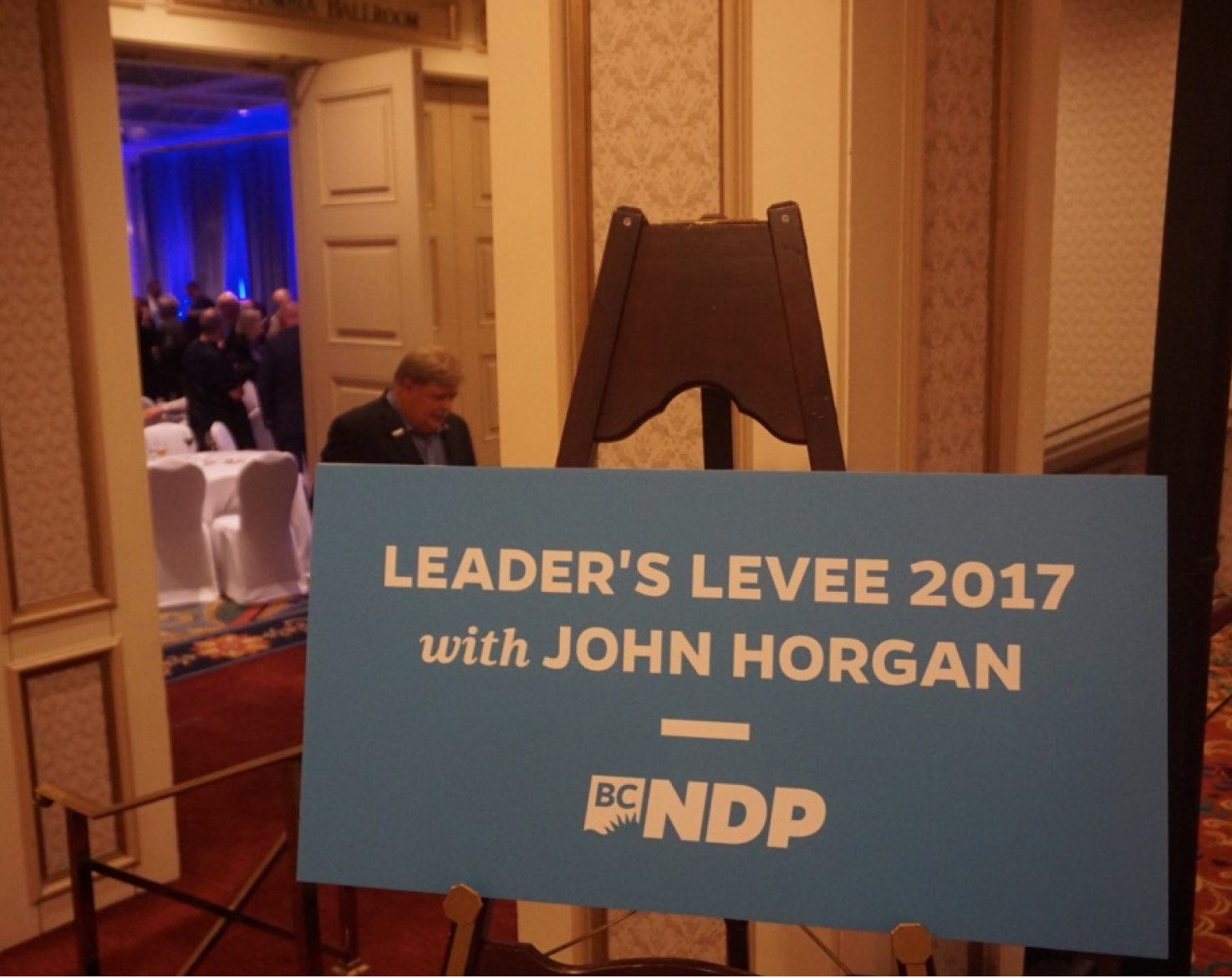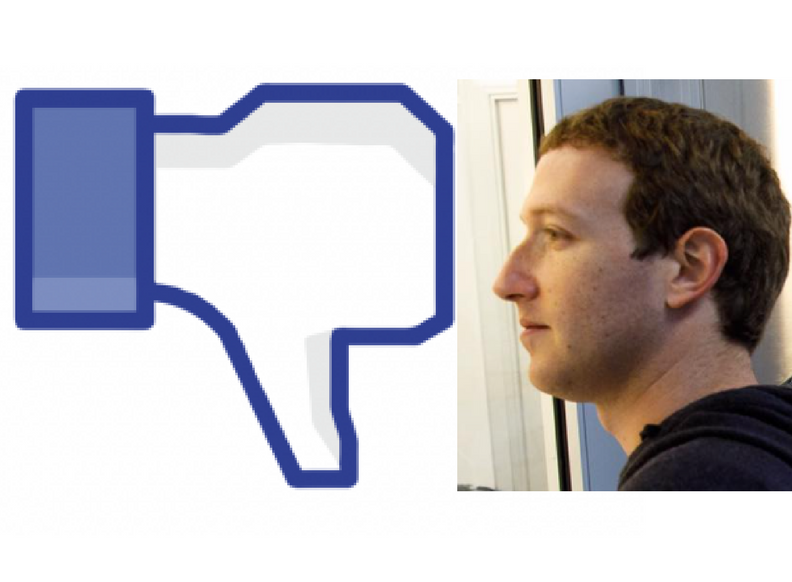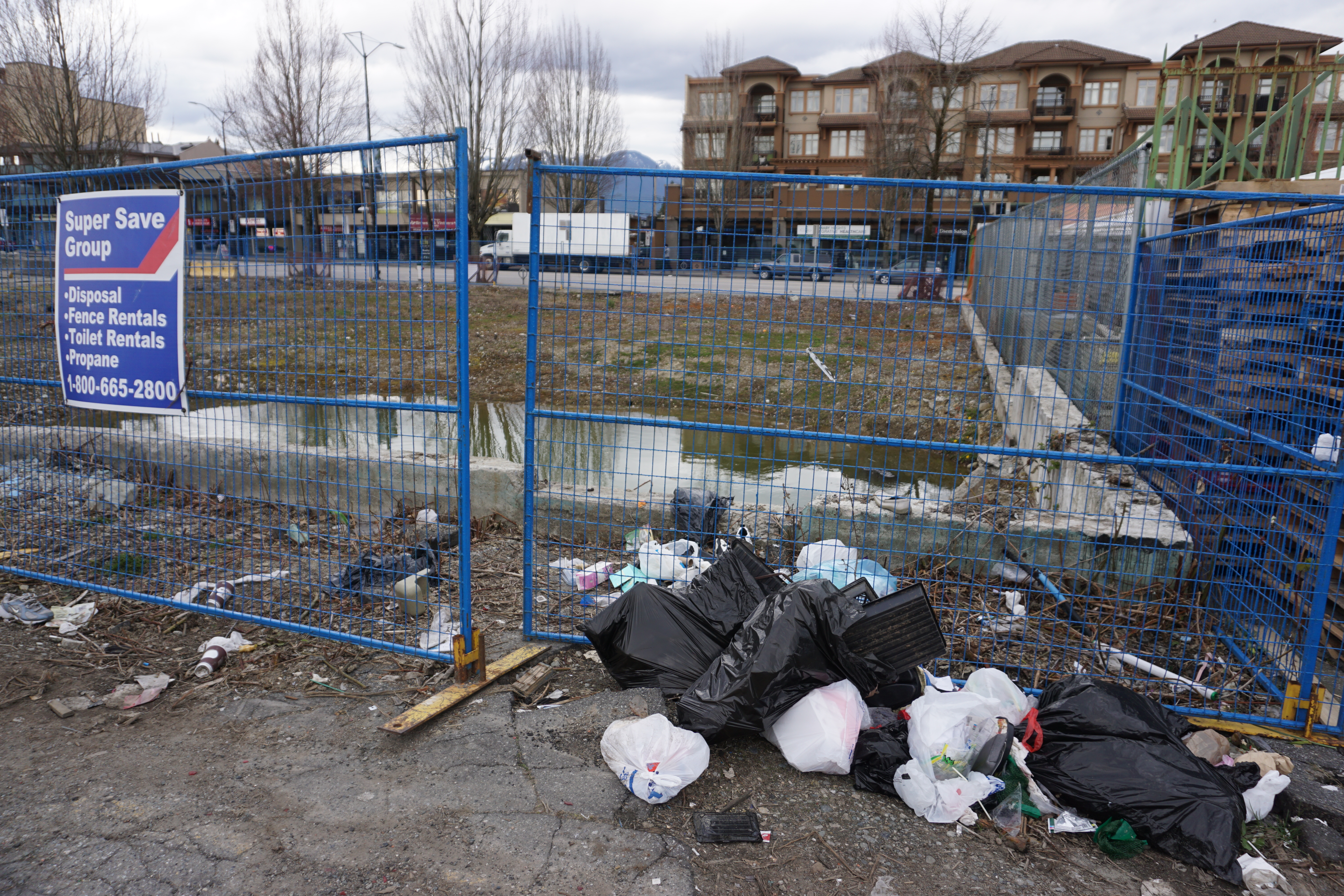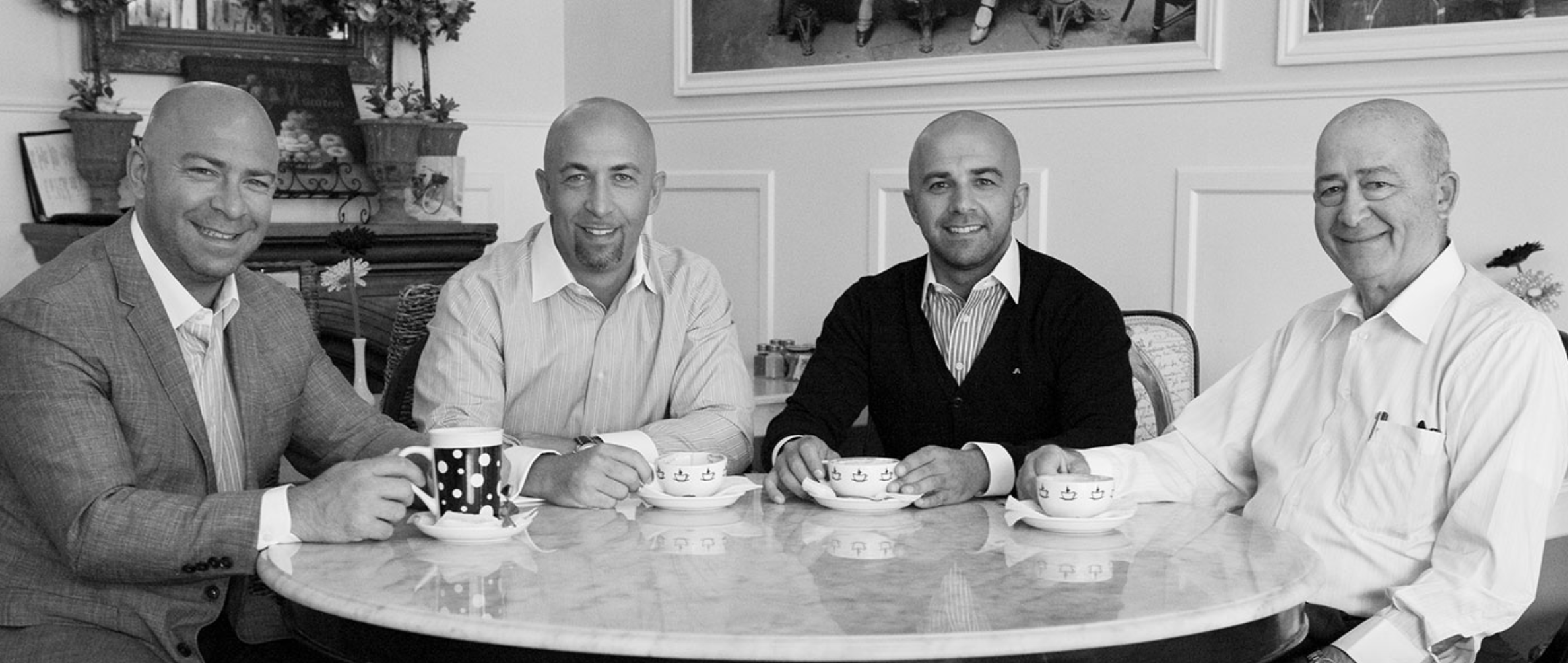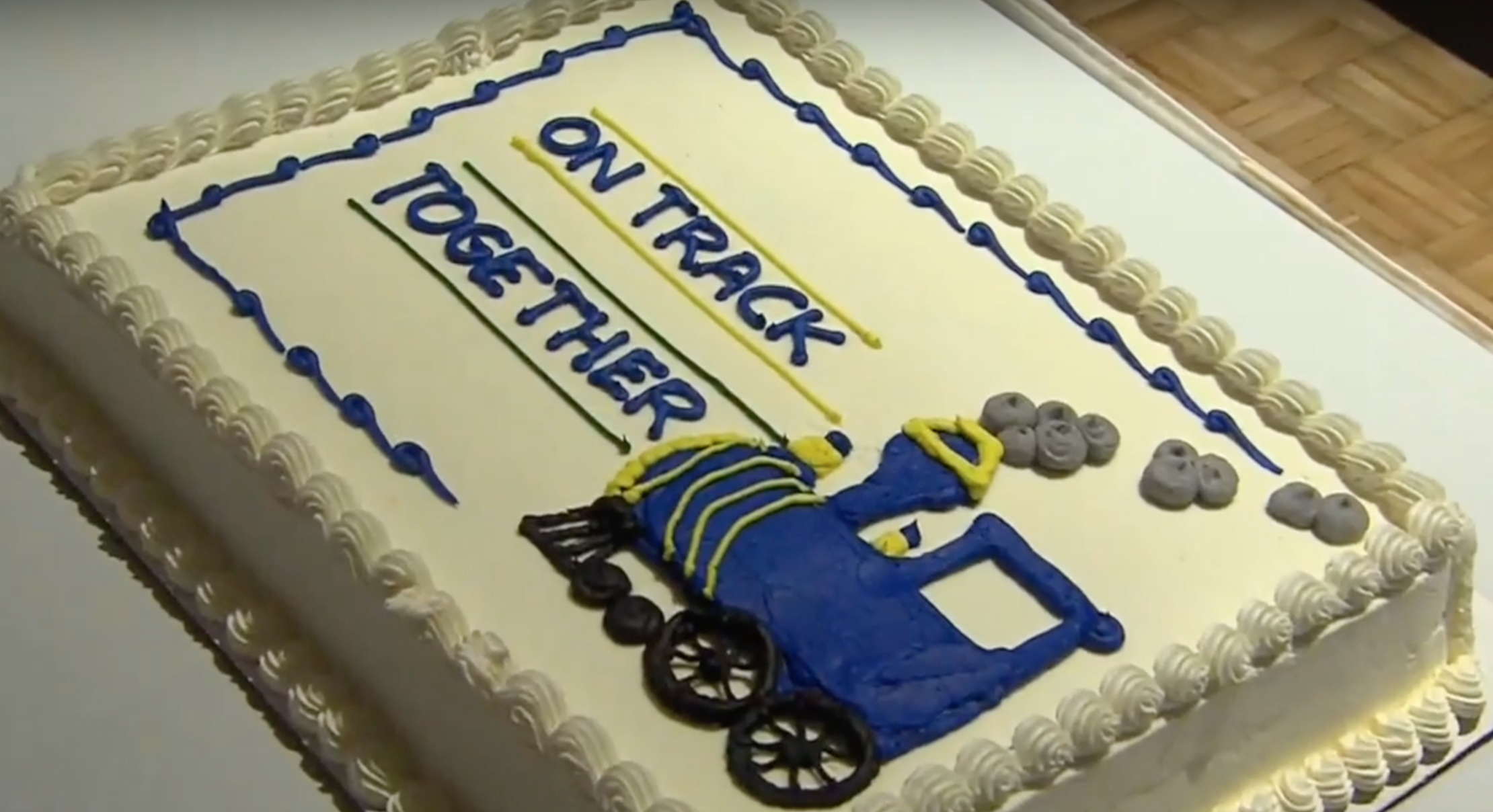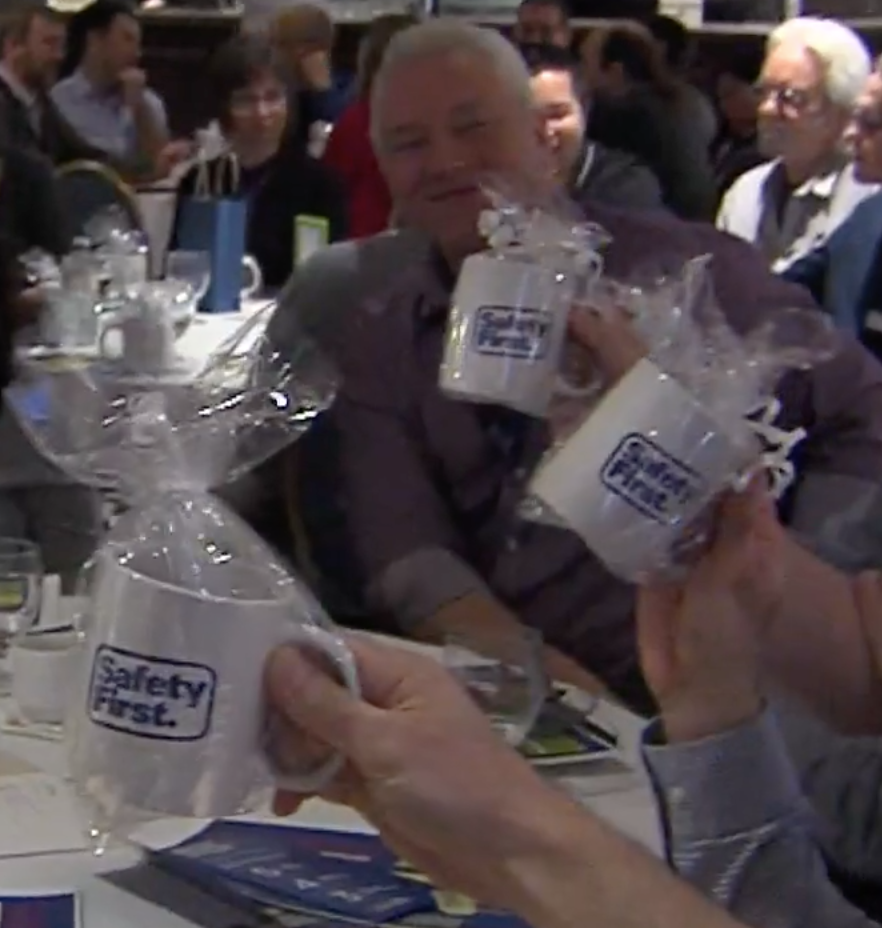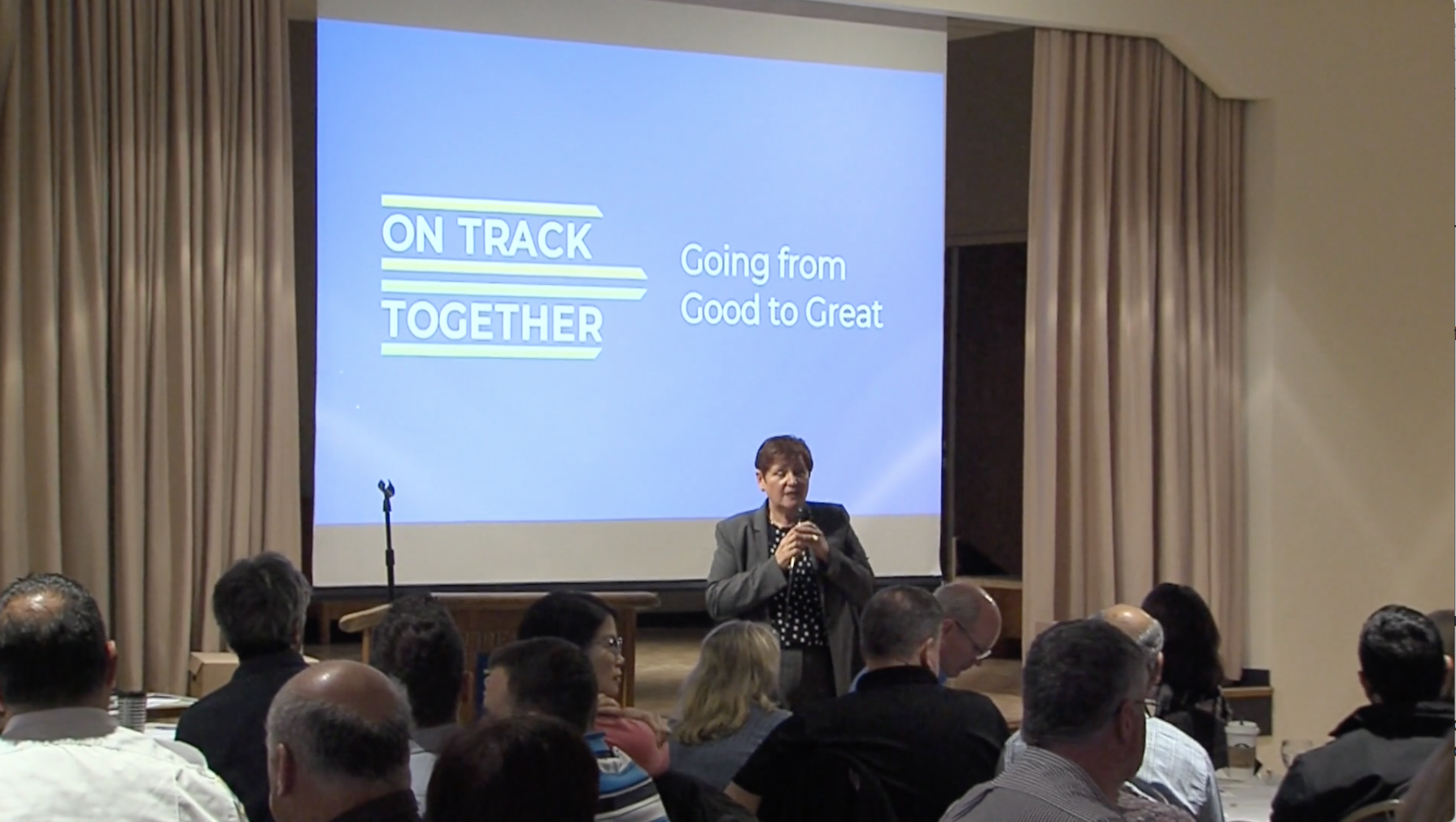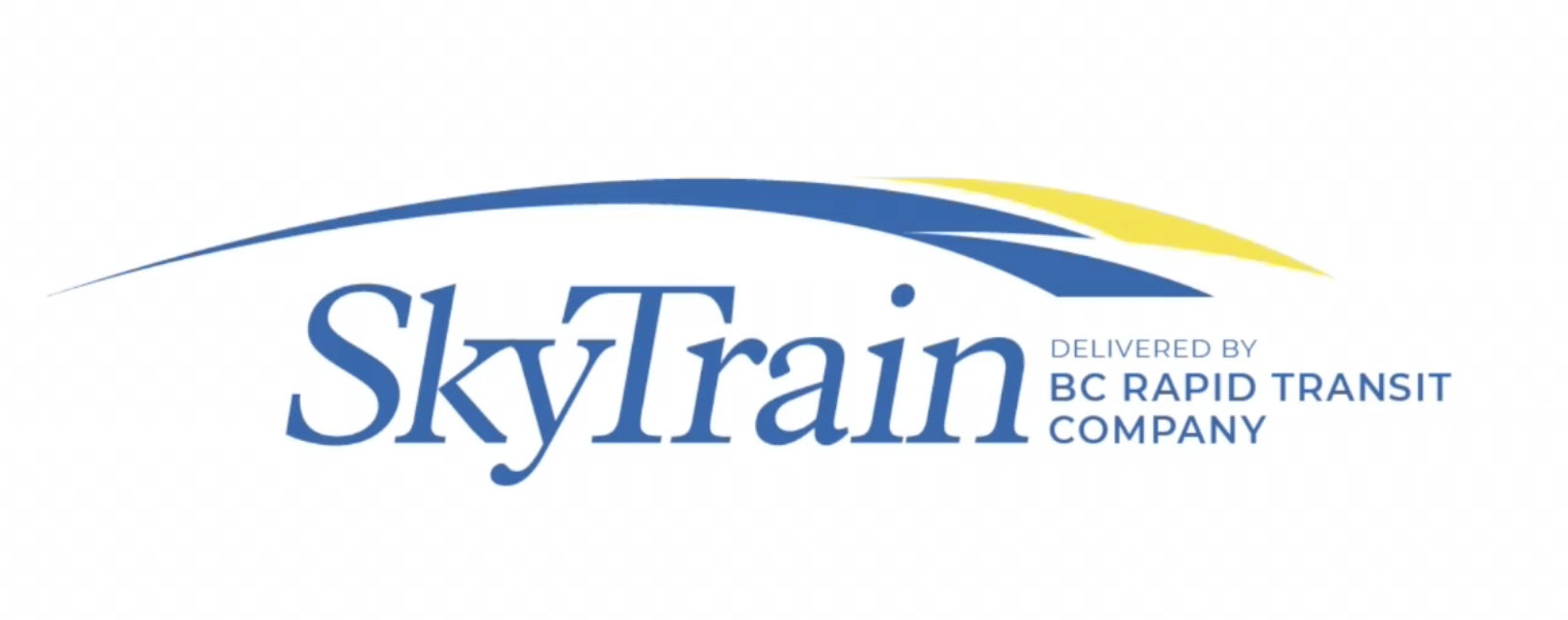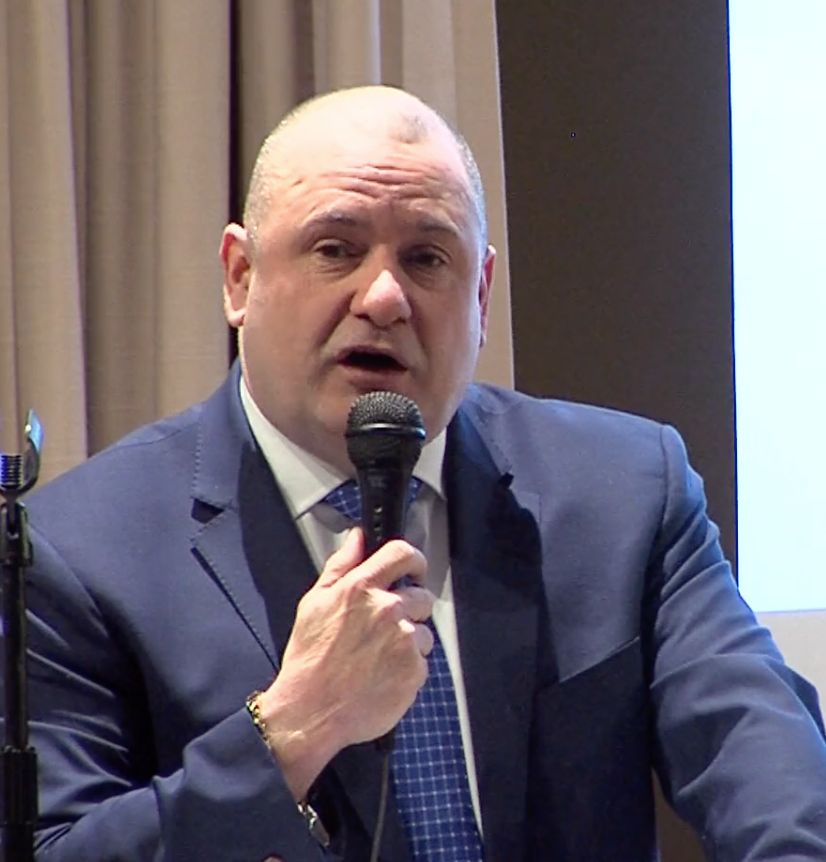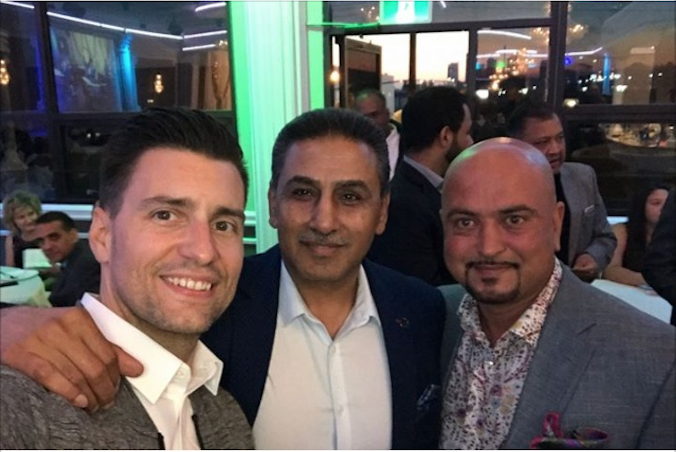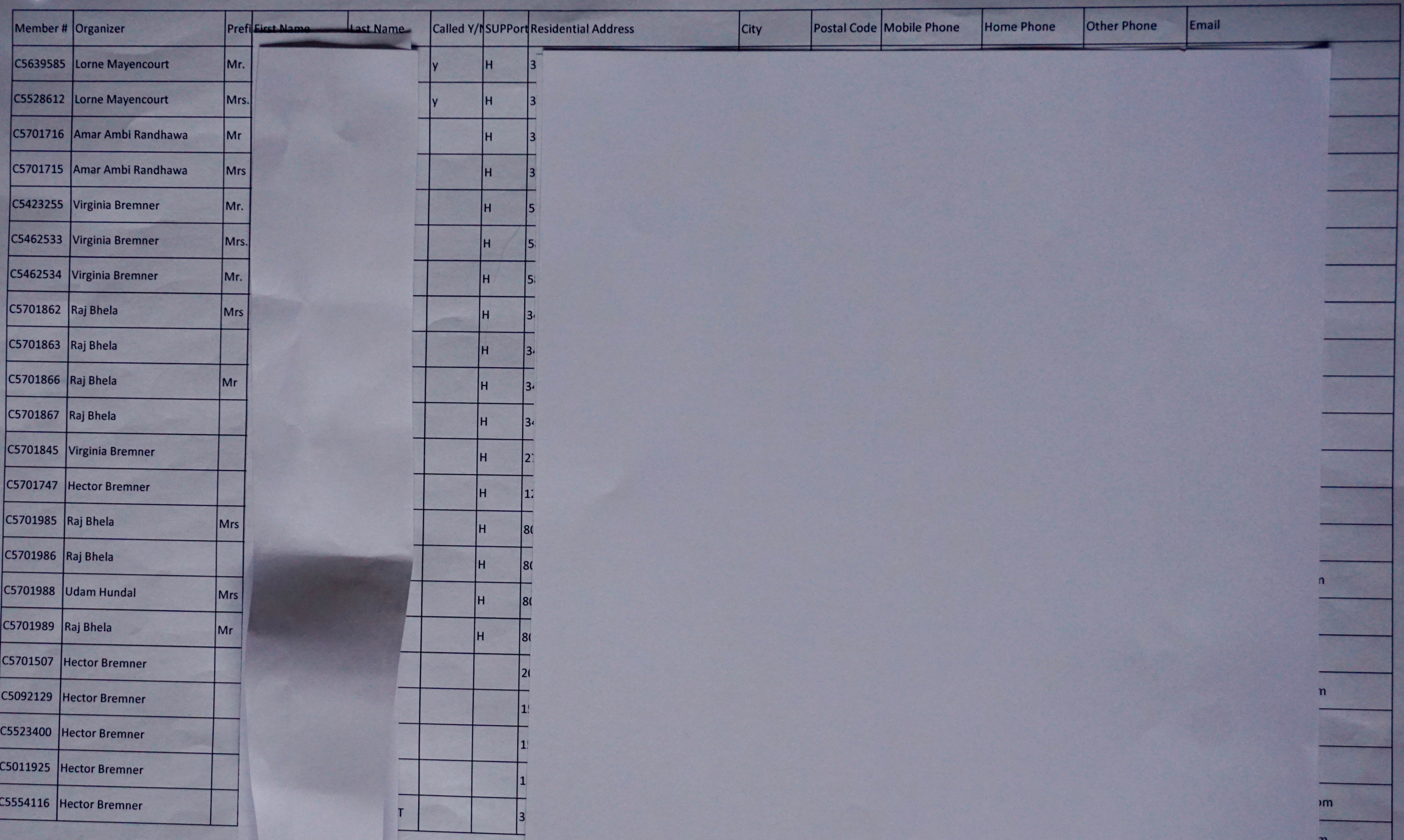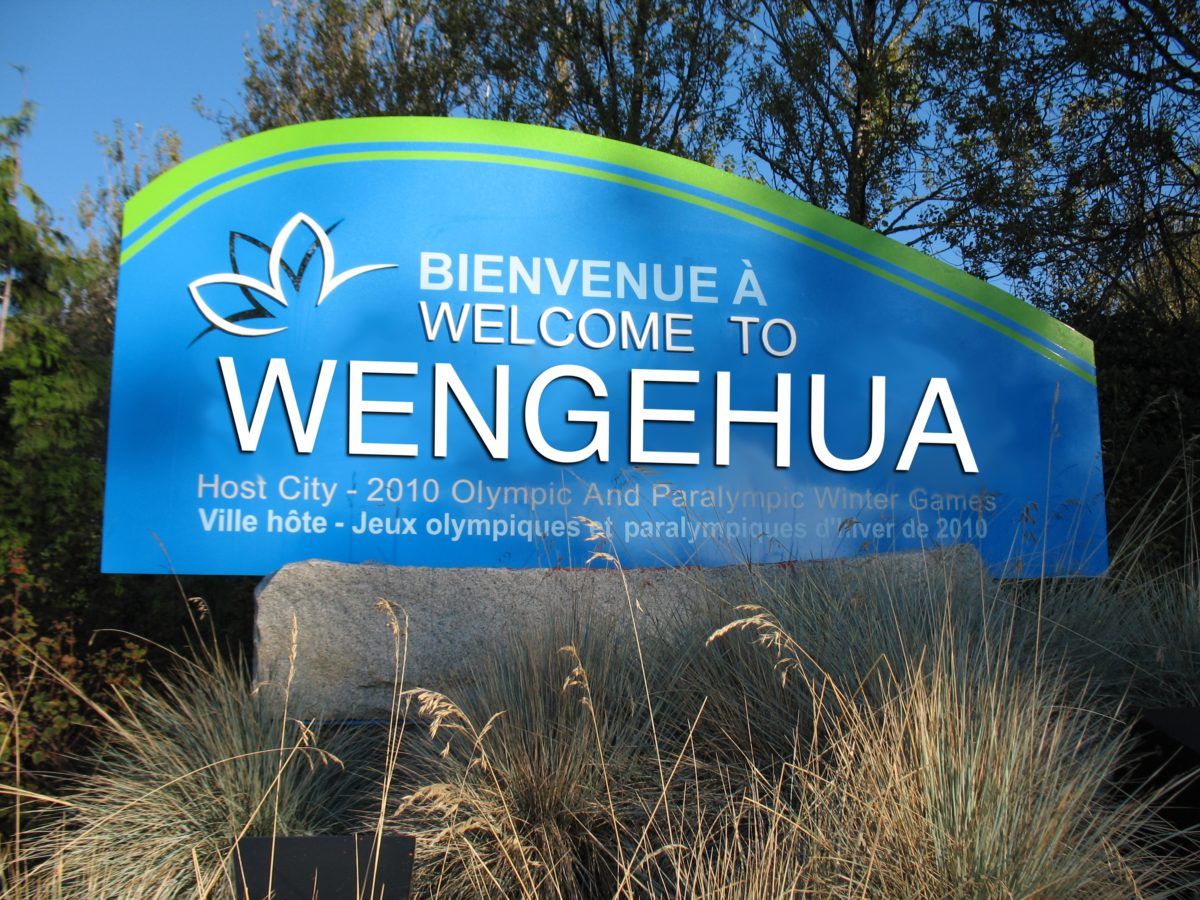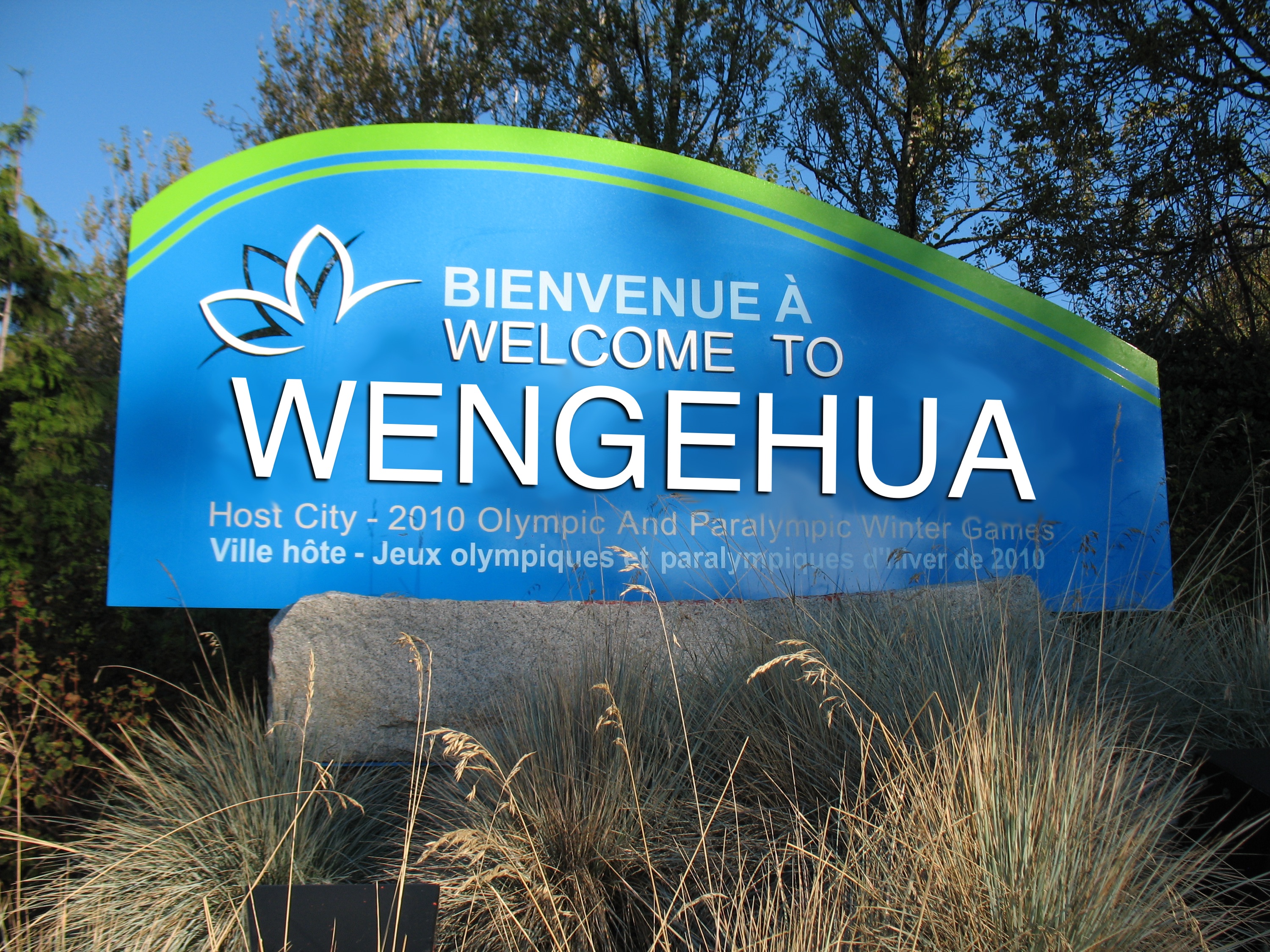Exclusive: Judge throws out lawsuit against taxpayer-funded BC Liberal ads
Bob Mackin
A B.C. Supreme Court judge agreed with lawyers for the BC Liberal Party and quashed a lawsuit aimed at forcing the party to repay the public treasury for millions of dollars of partisan pre-election ads.
David Trapp, a retired, 63-year-old TransLink network analyst, had sued the BC Liberals and the B.C. government on March 20, 2017. He claimed the government breached its fiduciary duty to taxpayers by diverting money for use by the governing party on a pre-election ad blitz aimed at winning re-election. Trapp’s lawsuit alleged that the BC Liberals had conspired to be unjustly enriched and committed conversion.

The BC Liberal government ad campaign that sparked a lawsuit. (BC Gov)
In his April 10 written ruling, Justice Ward Branch said that a political party is an unincorporated association that cannot be sued. The party’s argument was supported by a 1987 Ontario Superior Court ruling that stated, “At common law, political parties, like trade unions, have had no legal existence.”
In a Feb. 23 hearing, Trapp’s lawyers, Paul Doroshenko and David Fai, unsuccessfully argued that political parties should be considered legal entities because they must be registered, state their assets and liabilities, appoint a financial agent and auditor, and be governed by expense limits and other laws. The BC Liberals were represented by lawyers Andrew Borrell and Caroline Senini of Fasken, the firm behind $439,785 in donations to the party.
“You can’t get recourse against political parties by suing them, it’s unfortunate for our society,” Doroshenko said in an interview. “It opens it up for them to be able to abuse that. I guess that’s what they did, they know they can get away with it.”
Branch wrote that the key question was whether provincial tax dollars are “goods of the plaintiff” that can be the subject of the conversion claim against the BC Liberals.
“I find they are not,” Branch wrote. “Once tax dollars enter the government’s coffers, it would not be proper to characterize those as goods of the plaintiff. Rather they become the property of the government. Decisions made by public officials in pursuit of the public good often cause adverse effects on private interests. But that will not, without more, establish a private interest in public money enforceable in tort.”
Branch also wrote that the only deprivation alleged by the plaintiff under the claim for unjust enrichment was that the government failed to expend funds on other worthy causes.
“Taxpayers cannot generally control how government funds are spent,” Branch wrote. “There is no guarantee that any monies spent on other objects would necessarily be spent on causes favoured by each and every taxpayer. Indeed, it is virtually assured that they will not be.”
Branch suggested four alternative means for the plaintiff to go about righting the wrong: quasi-criminal proceedings under the Election Act; criminal prosecution for breach of trust under the Criminal Code; a claim for malfeasance in public office; or voting out the party who performed the wrongful acts in an election.
“We’ve already done one,” Doroshenko said. “The discussion that was thrust out there to the public assisted the public to vote the way they did. We’re investigating the other ones.”
When he filed the lawsuit, former cancer patient Trapp said the government should spend money on “real doctors, not spin doctors.”
His statement of claim said the party had raised enough money on its own — more than $32.6 million since the 2013 election — that it could afford to pay for its own campaign and not rely on taxpayers.
Doroshenko is a former BC Liberal volunteer who worked on ex-Premier Gordon Campbell’s riding campaigns. He said NDP advertising waste in the 1990s spurred his activism to help the Liberals win the 2001 election. Campbell banned non-essential advertising in the four-month lead-up to the 2009 election, a policy that Christy Clark scrapped after she became premier in 2011. In opposition in 1999, Clark had been an outspoken foe of NDP advertising waste.
During Clark’s last fiscal year in office, the party spent $20.5 million of taxpayers’ funds on advertising, but only $1.6 million was deemed statutory. Nearly $15.4 million went to four companies for the “Our Opportunity Is Here” campaign. Companies owned by BC Liberal party workers Kim Pickett ($2.5 million) and Jatinder Rai ($503,000) were among the four suppliers.

Lawyer Doroshenko
Clark unleashed the “Our Opportunity Is Here” campaign in November 2015, strategically designed to position the BC Liberals for a 2017 win. The Clark Clique wound up losing nine seats and its majority, setting the stage for the Green-supported NDP’s rise to power.
Before the last election, the NDP had promised to enact a law giving the auditor general veto power over government ad campaigns. Premier John Horgan’s government has not yet tabled such a bill. Instead, it has embarked on an ad blitz on multiple fronts: $1.325 million on budget-related ads, $2 million on anti-overdose ads and $300,000 for an electoral reform campaign. ICBC, meanwhile, has spent $800,000 for ads about its financial troubles and BC Hydro is amid a $1.3 million campaign to promote household energy saving.
“Neither one of us are letting it go,” Doroshenko said. “We’re going to try and figure out how we can call attention to it and get our politicians to look at their behaviour here. There is nothing more offensive than to use taxpayer money to promote their party.”
Meanwhile, the Elections BC database shows a $300 donation to the BC Liberal Party from a Ward Branch, dated March 31, 2017. A man with the same name also made two donations to the B.C. NDP in spring 2013 worth $150 and $250. At the time of the BC Liberal donation, Branch was a managing partner at Branch MacMaster LLP. The class-action specialist was appointed to the B.C. Supreme Court on June 9, 2017.
theBreaker asked Bruce Cohen, the communications officer for B.C.’s superior courts, to confirm whether the Ward Branch who donated to the BC Liberal Party before the 2017 election is now the B.C. Supreme Court judge. “I have no comment in response to your inquiry,” Cohen said by email.
Support theBreaker.news for as low as $2 a month on Patreon. Find out how. Click here.
Bob Mackin A B.C. Supreme Court judge agreed








